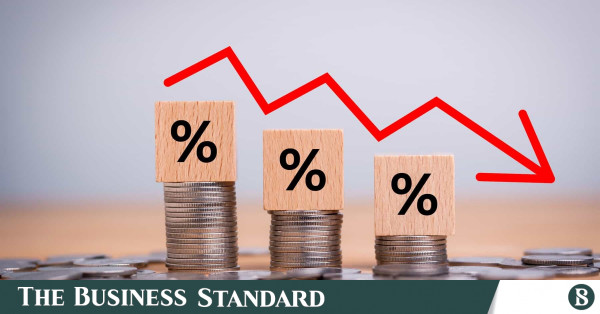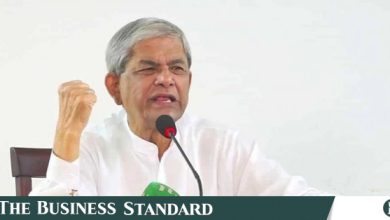Three recommendations of economists to reduce inflation to 6-5%


Economists suggested a strong monetary policy, less liquidity support to commercial banks and not printing money to finance budget deficit
Representational image: Photo: Collected
“>
Representational image: Photo: Collected
If the Bangladesh Bank takes a strong monetary policy, refrains from injecting too much liquidity support to commercial banks and does not print money to finance the budget deficit, then the inflation rate should start coming down within six-nine months, Ahsan H Mansur, executive director of the PRI, said today (12 June).
During a presentation titled “Budget Insights: Challenges and Opportunities” at the MCCI auditorium in the capital’s Gulshan, he said, “International experience shows that tightened monetary policy has contributed to rapid deceleration of inflation rates in all major economies.”
Citing the US as an example, he said the interest rate came down from almost double-digit (like Bangladesh) to around 3%
Similar positive developments were also recorded in the UK, EU and India, he said at the event organised by the Metropolitan Chamber of Commerce & Industry, Dhaka (MCCI) and Policy Research Institute (PRI) of Bangladesh.
“Taking cue from that, we can expect that similar developments in Bangladesh can result in the inflation rate decreasing to 6% -5%,” he said.
Zaidi Sattar, chairman of the PRI, said the budget was in the right direction, being much more pragmatic and realistic in terms of expenditure.
“Some are saying that it is contractionary, but it is moderately expansionary compared to the revised budget,” he added.
While he said he thought the revenue target was realistic, Sattar also expects radical reforms.
“The budget deficit is the lowest in the last 15 years. Ideally, budget deficits support contractionary fiscal and monetary policies,” Sattar said.
On the issue of “Made in Bangladesh” in the budget, he said it was a nationalistic idea.
He said if the policy support for Made in Bangladesh was geared towards sales in the global market, then there could be 7%-8% to growth, rising to 10%.
He, however, added, “There are no examples of any country achieving such growth through selling within the country”.
Dr Mashiur Rahman, adviser to the prime minister on economic affairs was the chief guest of the discussion while MCCI President Kamran T Rahman gave the welcome speech.



